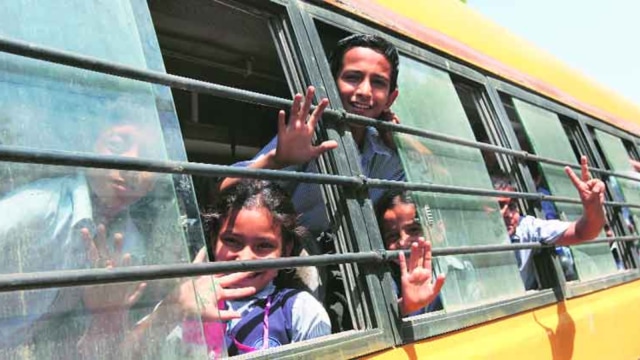
Written by Roopali Sinha
The recent death by suicide of a student from a prominent Delhi school is a deeply shocking and tragic event, compelling us to confront where we may be going wrong. If the school or its teachers bear any responsibility, they must, of course, be held accountable. Yet this case is far from isolated; similar incidents are reported from across the country. Such tragedies underscore the urgent need to examine the challenges facing school education today.
Education, like many other fields, is undergoing transitions at multiple levels. Old values are fading, while new ones are yet to take firm root, making a clash of values inevitable. On the one hand, there are young working parents with busy, demanding professional lives; on the other, those who hold traditional views about children, schooling, and education. Depending on circumstances, their perspectives differ or converge. Significant gaps also exist between the value systems at home and in school, and these contradictions often affect children’s personalities negatively.
Most parents tend to take their children’s words at face value, often forming opinions without fully considering the teacher’s perspective, a task made harder by the understandable difficulty of being objective about one’s own child. This is where the teacher-parent tug-of-war begins. Parent-teacher meetings often feel like battlegrounds, with both sides arriving ready to defend themselves. And in this conflict, there is only one casualty: The child. Yet, the truth is, teachers and parents have to work together to build a bridge along which a child can walk with balance and confidence. It requires genuine cooperation, because ultimately both share the same goal — the well-being of the student. Unfortunately, this collaboration is all too rare.
School is a microcosm of life, a place where children learn academic as well as personal lessons. It is unrealistic to expect it to be insulated from the wider world. Children today are deeply influenced by the rising tide of violence and diminishing empathy in society, by the pervasive echo chambers of social media. They bring these influences into the classroom. Behavioural and mental-health challenges no longer emerge only in adolescence. Egotism, violence, anger, and frustration increasingly manifest much earlier, sometimes leading to self-harm or physical or verbal aggression toward others. We have come a long way from the time when corporal punishment was an accepted practice in schools, but lack of empathy or kindness still exists — alongside sensitive and concerned teachers, cruel or biased teachers unfortunately remain a reality.
In elite urban schools, the dynamic differs, though of course, there are exceptions. Most schools operate as service providers, with parents as clients. Teachers are reduced to employees, expected to ensure the convenience of their clients. This raises critical questions about the broader education system, which has multiple layers and complexities.
Another challenge is children’s growing awareness of their rights. While this is largely a positive development, it is sometimes misused to justify unruly behaviour. Students may insist on unrestricted freedom of speech during class, disrupting both teachers and classmates. In such situations, teachers often face pressure from both the school and parents to mitigate the problem. Parental support is essential — they must seek the teacher’s feedback and guide their child accordingly. When parents dismiss inappropriate behaviour with comments like “Oh, children will be children,” it only serves to reinforce misconduct.
Alignment between parents and teachers is essential for a child’s healthy growth. Consider the example of social media: Most schools prohibit the use of cell phones on campus, but children spend the bulk of their time at home. The responsibility for guiding and monitoring their online presence during those hours rests with parents. Today, children are far more inclined to broadcast their thoughts than to sit with quiet reflection. Shaped by the socio-cultural zeitgeist, they are constantly drawn to the spotlight, to visibility and validation. At the same time, children from disadvantaged backgrounds grapple with an entirely different set of struggles that bear little resemblance to the concerns of their upper-class peers.
The bottomline is this: The responsibility of raising children cannot be left to the children. It rests with the adults around them — teachers, parents, and society at large. Blame games serve no one. What is required instead is mutual understanding and a shared concern between schools and homes. Only through this collective care can we truly safeguard the well-being of our children.
The writer is a Delhi-based teacher